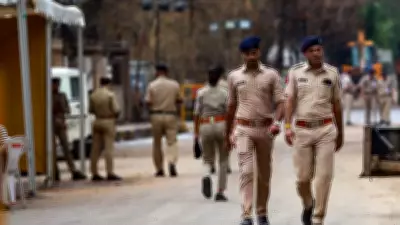
In a powerful indictment of government inaction, India's Supreme Court has expressed deep frustration with both central and state administrations for their apparent indifference toward the welfare of transgender citizens. The apex court's stern remarks highlight a disturbing pattern of neglect that continues to plague the community years after landmark legal victories.
Judicial Frustration Boils Over
The bench, comprising Justices DY Chandrachud and Hima Kohli, didn't mince words while addressing the government's failure to establish crucial support systems. "What have you done?" the court demanded, pointing to the absence of functional welfare boards and dedicated shelters that were mandated to protect transgender individuals from discrimination and hardship.
The Broken Promise of Legal Protection
Despite the groundbreaking NALSA judgment of 2014 and subsequent legislation meant to safeguard transgender rights, implementation remains woefully inadequate. The court specifically noted the absence of district-level monitoring committees that were supposed to serve as first points of contact for community members seeking assistance.
Critical Gaps in Implementation
- Non-functional welfare boards across multiple states
- Lack of safe housing and shelter homes
- Inadequate healthcare access and facilities
- Failure to establish grievance redressal mechanisms
- Absence of sensitization programs for government officials
A Community in Peril
The court proceedings revealed disturbing accounts of transgender individuals being forced into begging and sex work due to the absence of alternative livelihood opportunities. This reality stands in stark contrast to the legal protections promised by legislation that was meant to ensure dignity and economic security.
Government's Defensive Posture
Facing the court's sharp questions, government representatives offered vague assurances and cited "ongoing efforts," but failed to provide concrete timelines or evidence of substantial progress. The bench remained unimpressed, emphasizing that paper promises mean little without tangible action on the ground.
The Road Ahead
The Supreme Court has given governments a final opportunity to present comprehensive compliance reports, signaling that judicial patience is wearing thin. The message is clear: symbolic gestures won't suffice when fundamental rights and human dignity hang in the balance.
As the case continues, all eyes remain on whether this judicial intervention will finally trigger the systemic changes needed to translate legal victories into meaningful improvements in the lives of India's transgender community.





